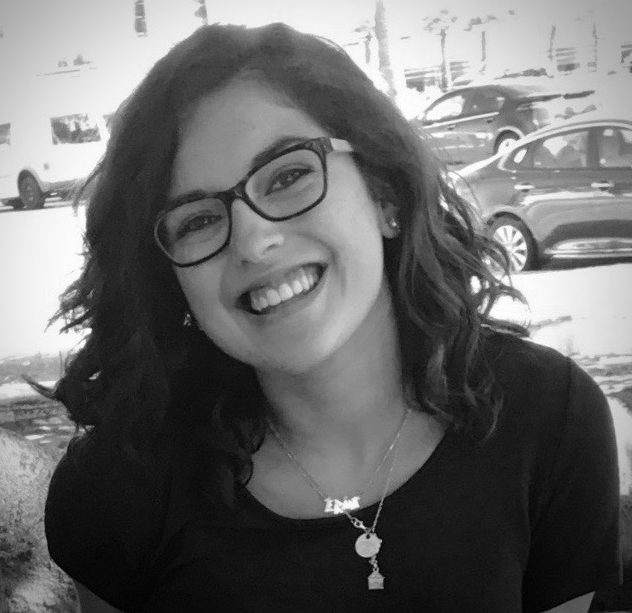 Adele Raemer
Adele Raemer Eight years ago, American Israeli Adele Raemer created the Facebook group
“Life on the Border With Gaza: Things People May Not Know But Should.” She formed the group to give people who live within range of incoming rockets an opportunity to share their firsthand encounters of life in the strike zone.
The Israel Defense Forces (IDF) carried out what it called a “surgical strike” on Baha Abu al-Ata in Gaza City before dawn on Nov. 12, killing the Palestinian Islamic Jihad leader and triggering a retaliatory barrage of at least 150 rockets shot into southern and central Israel by militants in Gaza.
The IDF called Abu al-Ata a “ticking time bomb” who had plans to carry out rocket attacks and other terrorist activities in Israel within days.
The Iron Dome missile defense system intercepted at least 60 of the rockets. No one was reported injured in the attacks, but several homes, a factory and a highway were hit.
On Nov. 12, as rockets streaked through the sky into various parts of Israel, Raemer stayed in her home so she could monitor her page and document unfolding events. Raemer, who has lived near the Gaza border since 1975, spoke with the Journal at 10:26 p.m. Israeli time on Nov. 12. Rockets and alerts could be heard during the conversation.
Jewish Journal: What was your experience like this morning and how was it different from others you’ve experienced?
Adele Raemer: Each time it’s like a different story, but it’s basically the same thing. This time was a little bit different in that we got warning. This time at 4’o’clock in the morning, they had assassinated the terrorist [Islamic Jihad leader Baha Abu al-Ata] in the Gaza Strip. By 5 o’clock, we had been getting messages that schools would be closed, roads would be closed [and] people shouldn’t go to work. I didn’t get any alerts until I woke up at 6 because my phone was on silent. I was supposed to go to Tel Aviv today. I saw, ‘no trains, no school, country’s closed.’ So in that sense, it was very different. They realized there was no way they could assassinate [Abu al-Ata] without facing repercussions, and acted responsibly.
JJ: What does it feel like to be told to stay inside while you hear rockets going off outside your house?
AR: I was supposed to have this meeting in Tel Aviv and Tel Aviv was closed. I’m a teacher trainer so it was supposed to be with other teacher trainers all over the world. Instead of going there, we had a long Zoom meeting. The rest of the time, I moderate Life on the Border, so whenever these things happen, I stay behind to bear witness, to make videos and give interviews.
I have one eye on the TV all the time and keep track of what’s going on and seeing when alerts are happening. It’s nuts. The day is freed for you but you never get anything done because it’s too manic.
JJ: As a teacher, are you thinking about your students and the other faculty who are now affected by what’s going on?
AR: Of course. Everybody here has [post-traumatic stress disorder] and all the students and teachers who go to our school live and/or study here. Everyone, especially after Operation Protective Edge (in 2014),which was a whole summer, when I went back to class, instead of teaching the regular syllabus, we were told to teach other stuff. You can’t go back to class after experiencing something like this and start teaching the regular syllabus.
JJ: What do you want people to know about your experiences and the other voices featured on Life on the Border?
AR: Rockets on civilian populations is terrorist activity, and we live with this all the time. We have rockets approximately every week or week and a half. What other country would put up with that? When they shoot over the rockets they don’t care who gets in the way. Hundreds of thousands of Israeli civilians live in constant threat.
I have contacts on the other side. I am in touch with Gazans. I know that most Gazans want what I want: safety for their families, being able to put food on their tables. But there are these terrorists that need to be taken out before we can create a form of coexistence. When I moved here, there was coexistence. I’ve seen it. I know that it can happen. Hopefully, this is something that is on the way to happening again.






















 More news and opinions than at a Shabbat dinner, right in your inbox.
More news and opinions than at a Shabbat dinner, right in your inbox.